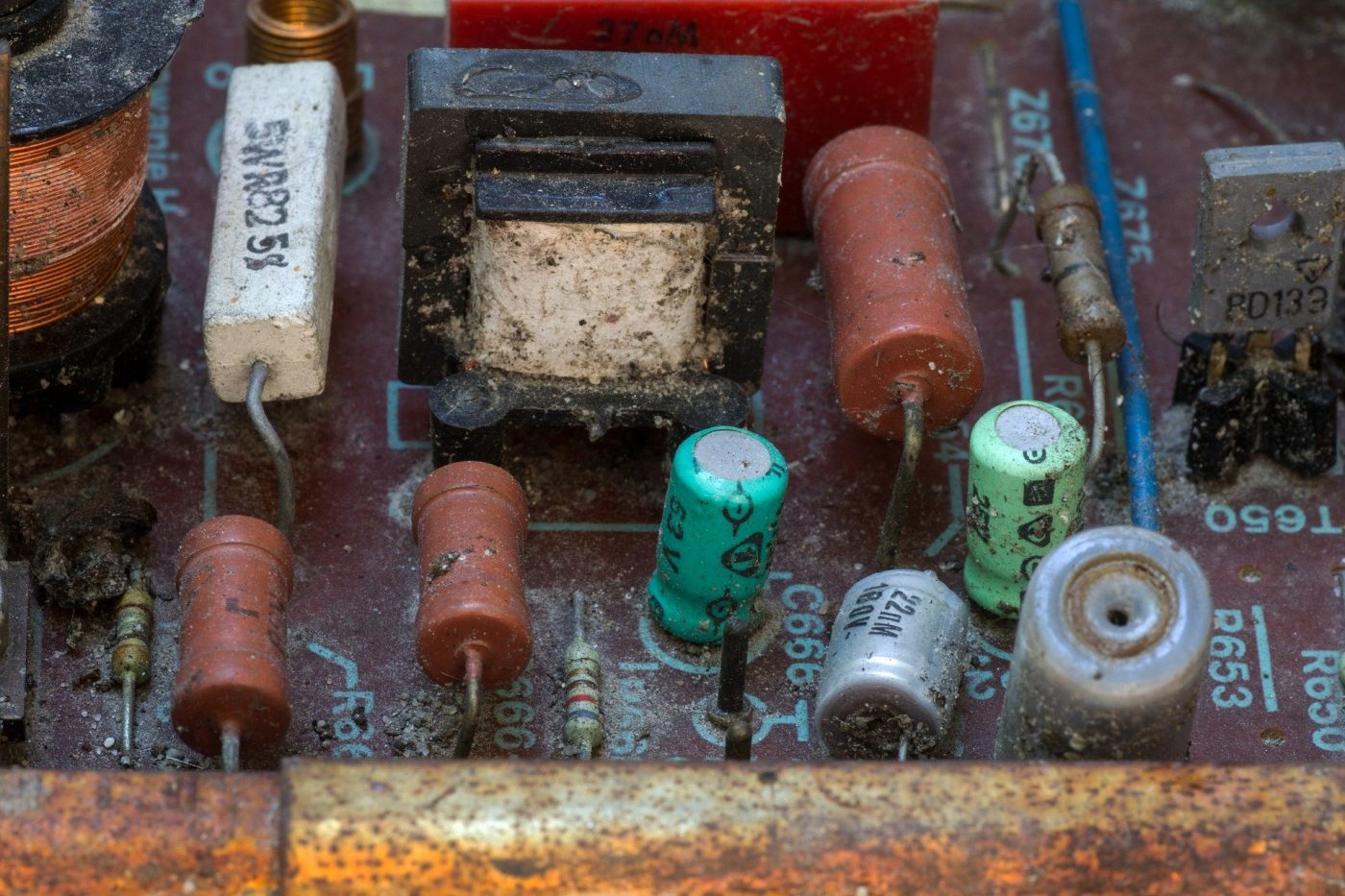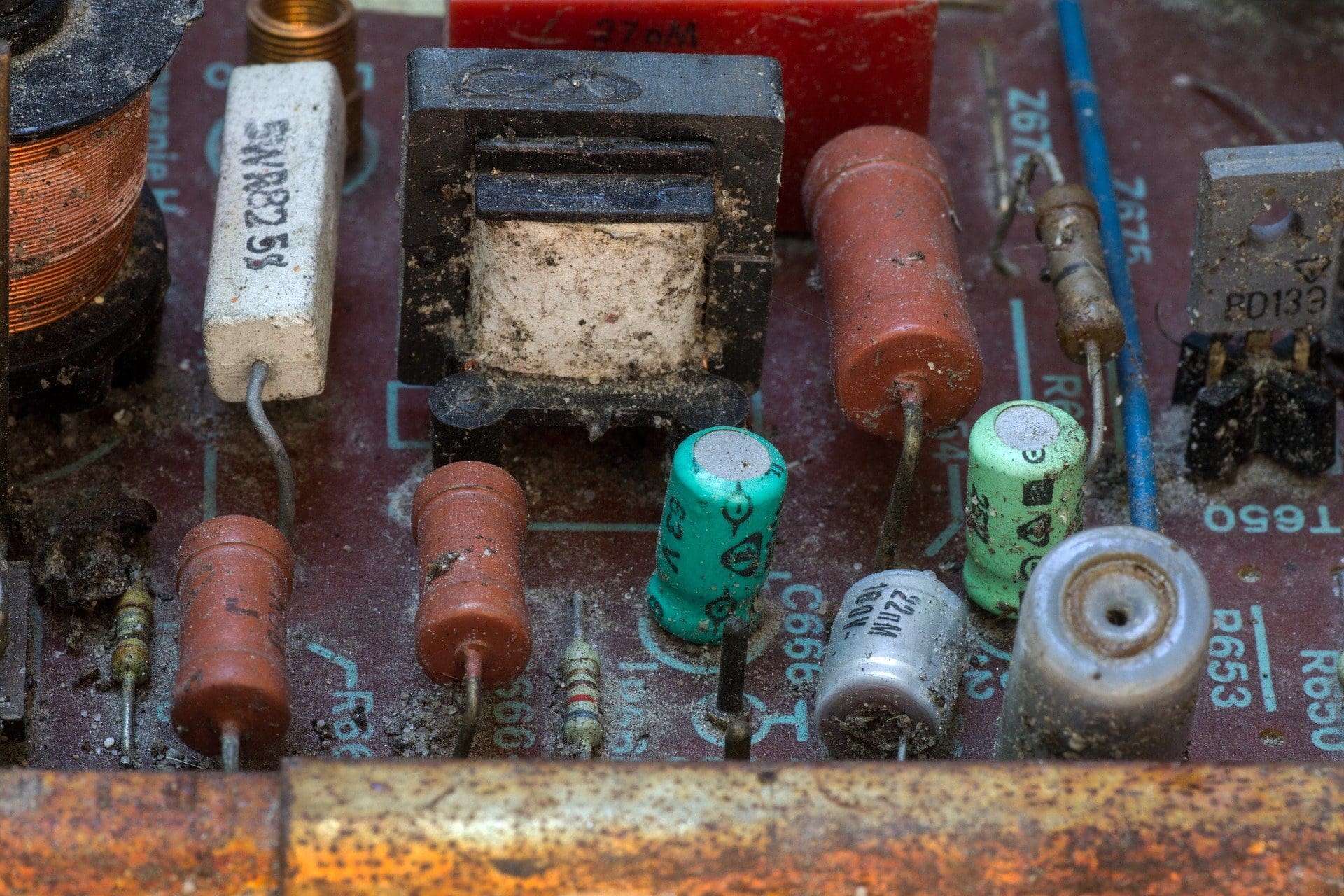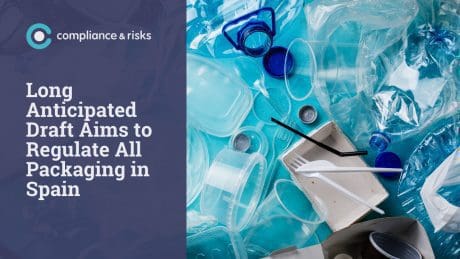
EU and US Continue Push for Reparability Rules


The rules on repair have been incorporated into a series of product-specific ecodesign measures, to allow consumers to access more durable and easier to repair products, and to spell an end to planned obsolescence contributing to needless and unacceptable volumes of e-waste generated in the Union.
With their origin in the EU Commission’s 2015 Action Plan for a Circular Economy, the new rules are firmly rooted in the circular economy ideal, and acknowledge claims that this needs to begin at the very beginning of a product’s life, at the design and production phases.
Manufacturers supplying lighting, televisions and large home appliances to the EU market now need to make relevant changes to their production processes that would facilitate rather than hamper repair at a later stage, and thereby enable consumers to retain old appliance models rather than prematurely consigning them to the dump.
The revised rules, along with implementing requirements relating to ecodesign, energy efficiency and other functional requirements, now contain ‘resource efficiency’ obligations, and essentially mandate product design that will allow non-destructive dismantling for material recovery and recycling and provide for access to repair and maintenance information. These include the obligation to make available necessary spare parts to professional repairers, and to make publicly available the list of necessary spare parts and the procedure for ordering them, for example on the manufacturer’s website.
For instance, in the case of computers and servers, manufacturers will need to ensure that joining, fastening or sealing techniques do not prevent the disassembly of components when present . Moreover, manufacturers, their authorized representatives and importers should make product information available, free of charge, to third parties dealing with maintenance, repair, reuse, recycling and upgrading of servers (including brokers, spare parts repairers, spare parts providers, recyclers and third party maintenance) upon registration by the interested third party on a website provided.
Other provisions regarding spare parts, in the dishwasher regulation, for example, now state that manufacturers or importers must make available necessary spare parts to professional repairers, for a minimum period of seven years after placing the last unit of the model on the market. Further, they should provide access to the appliance repair and maintenance information to professional repairers.
The EU Commission can indeed consider its commitments under its Ecodesign Package as broadly fulfilled, with further energy savings now a certainty. Yet its conservative approach on a number of fronts, most glaringly with respect to securing the status of professional repairers, is deemed by many to be a missed opportunity.
The revised rules, as expected, have not met without firm resistance from manufacturers who are claiming that they are overly cumbersome and could, in some instances, undermine cybersecurity.
Meanwhile, in the US, 18 fair repair bills were introduced during the 2017-2018 legislative session, none of which were enacted prior to the end of the session. However, a number of states have introduced new variants of the right to repair bills in 2019, some of which manufacturer lobbyists have already successfully stymied. If any of these state-level bills do manage to pass however, the legislation would require original equipment manufacturers (OEMs) to make documentation, parts and tools available to independent repair providers for purposes of diagnosis, maintenance, or repair, on fair and reasonable terms.
The focus of the Bills is on wresting control of the repair process from OEMs or their authorized agents, and empowering consumers (product owners) to choose their own independent repairers or to even repair the equipment themselves. OEMs would be required to make available the documentation, parts, tools to enable diagnosis, maintenance or repair. This would facilitate safe and proper equipment repair that manufacturers fear may be compromised by the new right to repair.
On a federal level, the fight is more difficult. Senator Elizabeth Warren’s hotly-contested repair proposal currently applies to farm equipment only . The focus is narrow, but right to repair is a pervasive issue, spanning many sectors and affecting all consumers. So should the bill eventually succeed, this could potentially lead to reform being implemented to protect a greater number of consumers in other sectors.
Such legislative initiatives to tackle product obsolescence and manufacturer monopolies on repair activities have their locus upstream, calling for policies that encourage the manufacture of long-life products in the first instance. This is a marked shift towards preventive regulation, to support the operation of e-waste rules which, although massively effective, are no match for corporate powers flooding markets with appliances which cannot be easily repaired on foot of inflated repair costs and limited access to diagnostic and repair tools. One thing is certain at this point: the right-to-repair movement is showing no signs of abating, and manufacturers are soon going to feel the effects of their loosening grip on the repair process.
If you want to stay on top of global regulations concerning e-waste from around the world, Talk to Us today!








